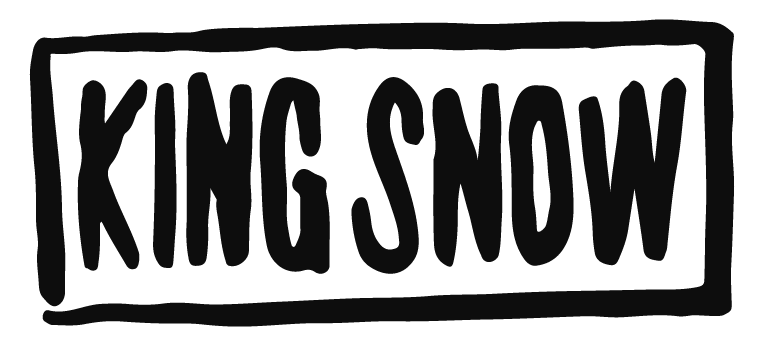A MINUTE WITH MARK SOLLORS | STACKING STICKERS

An excerpt from Stacking Stickers: Agents, Sponsorship & Professional Snowboarding by Will Fraser
Sollors has been working with an agent since 2010. Jasen Isaac, better known as Ninja, was once a pro snowboarder and now represents riders like Torstein Horgmo, Mark McMorris, Danny Davis, and many other names you’d recognize. Sollors has maintained a few loyal sponsors throughout his entire career. He consistently produces heavy footage and photos while going above and beyond offering huge value to those who support him. Back in 2010, he found himself at the tipping point into pro snowboarder ranks and Ninja helped him navigate the situation.
Interview by Jesse Fox
How did you start working with an agent?
When my Transworld In Color part came out in 2010, I won Rookie of the Year, and a lot of things were escalating very fast. I had a team manager that came in saying, "Hey, we want to up your contract. We want to do this, we want to do that.” It was a lot to take in and I wasn't ready for it. At the time, Ninja was McMorris's, Torstein's, and Andreas Wiig's agent. I knew those guys and I started talking to Ninja. He was like, "I can just help you with this one-time contract if you're not ready to have an agent. If you don't feel like that's your world then, by all means, that's fine and we'll just do this one contract, help you get your numbers to where the industry standard is, and carry on from there.” It was awesome because I didn't even know how much snowboarders were getting paid at that point.
That's a common thread, no one knows much snowboarders make.
Well, it's exactly that. Other sports talk about contracts and what an athlete is worth, it's all out in the open. Whereas snowboarding is, "OK, here is how much you are worth, here's your contract, and you're not allowed to talk about it with anyone." So, for people coming up, they don't know where they stand. Back in the day, that made it easy for team managers to be like, "Oh, I can get this guy for really cheap and we won't have to pay him nearly as much as person X.” Ninja came in and helped me slide into the industry so much easier than if I would've done it by myself. What he did for me during those first two years has exponentially changed where I am right now.
Were there deals your agent put together that wouldn’t have happened without him?
Yes, definitely, with non-endemic companies, companies that I would never even know how to start a conversation with. That has been the most helpful part about having an agent over the past few years.
How has sponsorship changed throughout your career?
I came on right during the dwindling of what some people call the Golden Years, the late '90s early 2000s, when there was a substantial amount of money going to pro snowboarders. And then, the 2008 crash happened and I think we saw a huge shift in how companies were spending money and really being aware of the money that was coming in.
Now, budgets are a lot tighter, money is nitpicked and companies are careful where they spend it, and I think it's a general consensus that snowboarders are not getting paid as much as they used to. I think that's very open knowledge.
Also, payments and expectation, I definitely think that's changed since the rise of Instagram. When I started it was, “your job is to film a video part or to go to contests.” We would spend the whole year focused on making sure we're getting clips, making sure we're getting the photos. That was our main initiative. With Instagram it has started becoming, "OK cool. Let's get you posting more about this” and then you still have to tell them your video part plans, and you need to share content here, and you need to do X amount of posts, and you still have to go to this contest." It was like, the money was coming down a bit, but the workload was climbing.
Do you have any advice for anyone out there navigating sponsorship?
Yeah, I think a big thing is making sure you as a rider and your sponsors align naturally. The boarding you're doing, the companies you're representing, it all meshes together without forcing it. That's key. The snowboard industry isn't a safe industry to work in. You don’t have long-term sustainability. But the riders who are successful are the ones that are doing it for the love—not money. You see it in riders like Rene Rinnekangas, the passion is there. McMorris is the same, he’s so tight in the community and everyone loves him. That’s important.
For the complete article on agents and sponsorship in snowboarding see: Stacking Stickers, by Will Fraser
